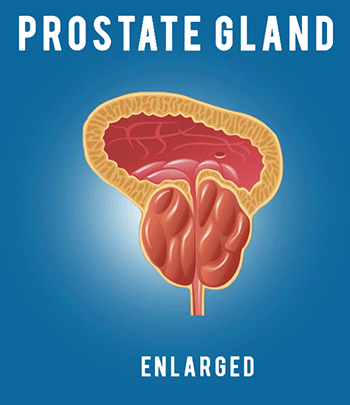Treatments for Tinnitus
Treatments for Tinnitus
Tinnitus is the term used to refer to the hearing or experience of sound in one or both ears or in the head when no external sound is present. Unfortunately, there is no cure for tinnitus so treatment is vital for patients to be able to cope with their situation and continue to live their lives as normal individuals.
There are treatment options available. Since the field of medicine cannot cure it yet, alternative treatments are popular. Some people encounter tinnitus relief with acupuncture, cranial therapy, hyperbaric oxygen therapy, or even hypnosis.
Others find it effective to get regular intakes of minerals like magnesium or zinc, herbal supplements such as Gingko biloba, homeopathic remedies or B vitamins for their tinnitus. These have not rendered conclusive reports in clinical research but are given anyway since they commonly carry little to no risk to health, some people find them helpful.
Using hearing aids can also be helpful. Some people suffering from tinnitus also suffer hearing loss. As such, wearing hearing aids can result to total or fractional tinnitus relief.
There are many factors to consider that decide success rate. In the end, if a patient has a hearing loss in the frequency range of the tinnitus, hearing aids can result in bringing back ambient sounds that naturally cover the tinnitus.
If the patient is deaf or near-deaf already, doctors can prescribe cochlear implants or also known as electrical stimulation. It has two vital components. The first one is an electro lode array that is tied into the cochlea and the second is a receiver that is implanted just below the skin at the back of the ears.
In a study, 50% of those who had tinnitus before undergoing cochlear implants got tinnitus relief after the process. One big reason for this is that maybe the tinnitus is being suppressed by the electrical stimulation sent through auditory nerves by the implant.
Meanwhile, another treatment called biofeedback is a relaxation method that trains people to control certain independent body functions, such as muscle tension, pulse rate and body temperature.
The objective of biofeedback is to assist people to handle anxiety in their lives not by decreasing the stress but through altering the body’s response to it. Many patients observed a lessening in their tinnitus when they are able to adjust their response to the anxieties in their lives, recognizing the fact that tinnitus has no conclusive cure, yet.
There are no drugs specifically for tinnitus. Most drugs used to treat tinnitus are made for problems like anxieties, stress and depressions. Drugs like nortriptyline, antihistamines and anticonvulsants like gabapentin, among others have been proven effective in helping a patient cope with his difficult situation.
There are also treatments that use sounds to lessen the volume or intensity of tinnitus. Sound therapies include both wearable (hearing aid-like devices) and non-wearable devices (such as table-top sound machines).
Often, sound is used to totally or partly cover the tinnitus. Some people call this covering of sound as masking. Sound therapies should always be done alongside with professional counseling. There are a number of treatments for tinnitus but so far nothing has been found that appears to work for everyone.



